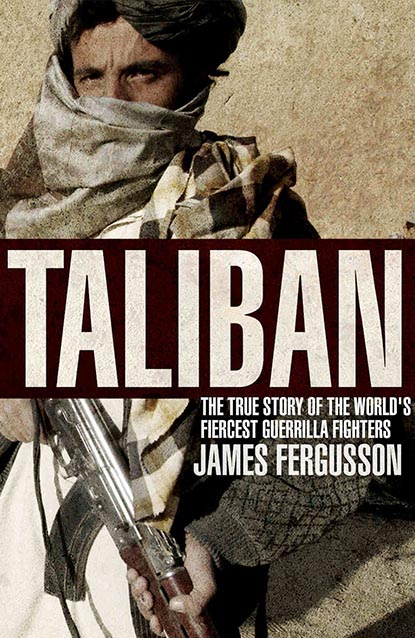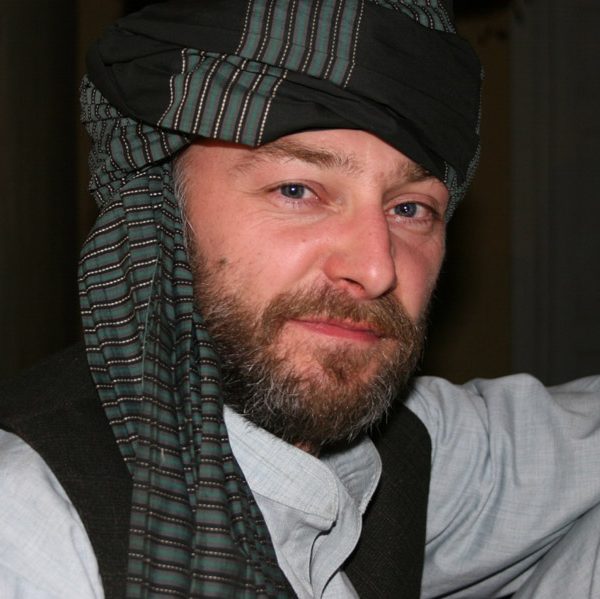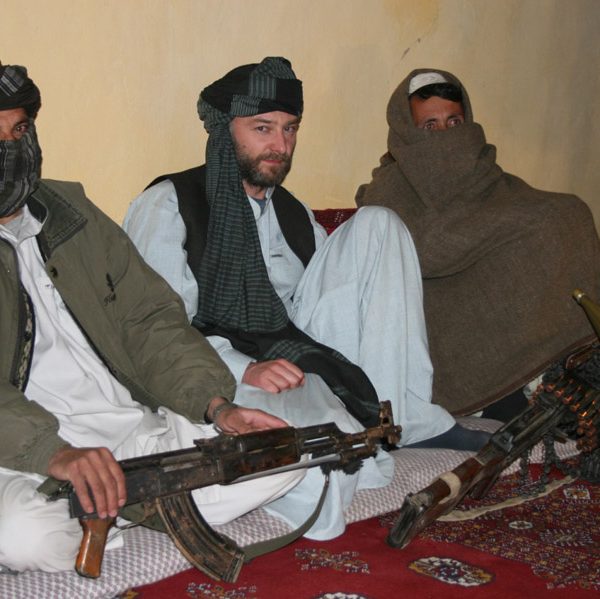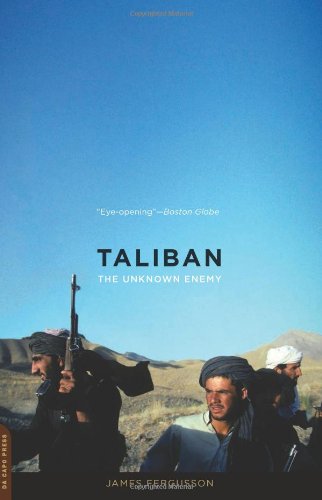
Synopsis
Publisher: Bantam Press
Year: 2010
ISBN-10: 0593066359
ISBN-13: 978-0593066355
Reviled and feared for their strict interpretation of Sharia law as much as for their fighting prowess, the infamous Taliban of Afghanistan loom large in the annals of Islamic fundamentalism. But who are they, and where did they come from?
In the mid-1990s, southern Afghanistan was in chaos. The Russians, who had occupied the country throughout the 1980s, were long gone. The disparate ethnic and religious leaders who had united to eject the invaders – the famous mujaheddin – were at each others’ throats. Bandits ruled the roads. For the rural poor of Kandahar province, life was almost impossible.
On 12 October 1994 a small group of religious students decided to take matters into their own hands. Led by an illiterate village mullah with one eye, some 200 of them surrounded and took Spin Boldak, a trucking stop on the border with Pakistan. From this short and unremarkable border skirmish, a legend was born.
The students’ numbers swelled as news of their triumph spread. The Taliban, as they now called themselves – taliban is the plural of talib, literally ‘one who seeks knowledge’ – had a simple mission statement: the disarmament of the population, and the establishment of a theocracy based on Sharia law. They fought with a religious zeal that the warring mujaheddin could not match.
By February 1995, this people’s revolt had become a national movement; 18 months later Kabul fell, and the country was effectively theirs. James Fergusson’s fascinating account of this extraordinary story will be required reading for anyone who wishes to understand the situation in Afghanistan, now and for the future…

Synopsis
Reviled and feared for their strict interpretation of Sharia law as much as for their fighting prowess, the infamous Taliban of Afghanistan loom large in the annals of Islamic fundamentalism. But who are they, and where did they come from?
In the mid-1990s, southern Afghanistan was in chaos. The Russians, who had occupied the country throughout the 1980s, were long gone. The disparate ethnic and religious leaders who had united to eject the invaders – the famous mujaheddin – were at each others’ throats. Bandits ruled the roads. For the rural poor of Kandahar province, life was almost impossible.
On 12 October 1994 a small group of religious students decided to take matters into their own hands. Led by an illiterate village mullah with one eye, some 200 of them surrounded and took Spin Boldak, a trucking stop on the border with Pakistan. From this short and unremarkable border skirmish, a legend was born.
The students’ numbers swelled as news of their triumph spread. The Taliban, as they now called themselves – taliban is the plural of talib, literally ‘one who seeks knowledge’ – had a simple mission statement: the disarmament of the population, and the establishment of a theocracy based on Sharia law. They fought with a religious zeal that the warring mujaheddin could not match.
By February 1995, this people’s revolt had become a national movement; 18 months later Kabul fell, and the country was effectively theirs. James Fergusson’s fascinating account of this extraordinary story will be required reading for anyone who wishes to understand the situation in Afghanistan, now and for the future…
Reviews
“An intriguing argument for negotiation with the Taliban.”
“One of the best… a brave book – Fergusson is prepared to probe beyond the cliche.”
“Fergusson’s critique of the West’s failures in Afghanistan is devastating.”
“Should be required reading for anyone seeking to understand contemporary Afghanistan.”
“Crystal-clear writing and first-rate analysis… this is a stunning book. Meticulously researched and deeply thoughtful, it is explanatory journalism at its best.”
“Fergusson’s arresting achievement is to introduce our Afghan nemesis in their own words.”
“Convincing… on the right side of history.”
“Excellent and very readable.”







